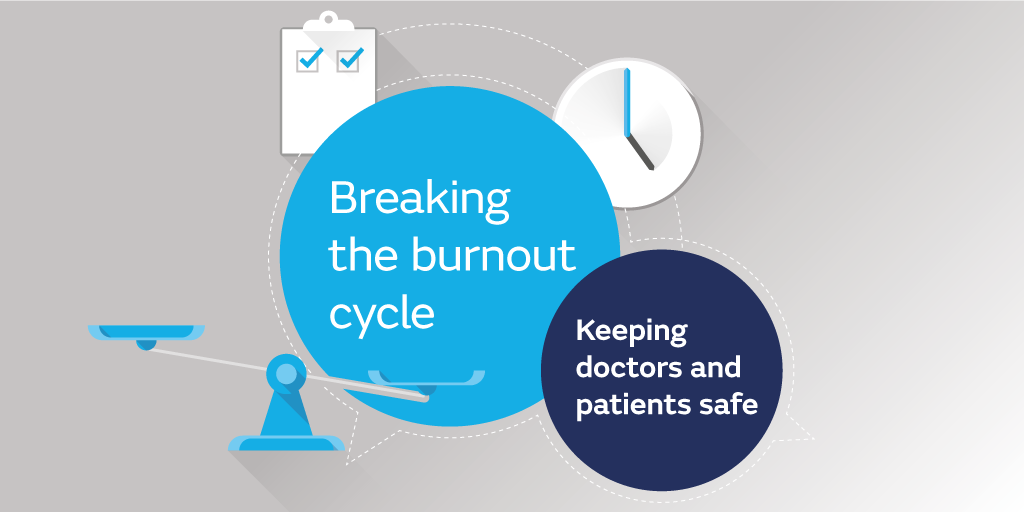Advice to doctors following a Brexit 'no deal'.
Post date: 22/07/2019 | Time to read article: 2 minsThe information within this article was correct at the time of publishing. Last updated 22/07/2019
Medical Protection has taken a small number of queries from members asking for advice in relation to concerns about access to drugs and medical devices should the UK leave with ‘no deal’.
Ahead of the announcement of the new Prime Minister, Stephen Barclay MP, the Brexit secretary has expressed that maintaining the flow of medicines between the UK and EU will be a top priority in the case of a so-called no deal Brexit.1 It is not yet clear under what arrangements the UK will leave the EU. Although it is hoped that Brexit will not affect the provision of healthcare in the UK, it is important that doctors are aware of what steps to take should patients face delays in treatment or limited access to drugs and medical devices.
In a clinical scenario in which the access to treatments or devices is limited or delayed, doctors should take the following steps:
- Explain the position fully to the patient
- Explain the treatment and investigation options fully to the patient (including the risks, benefits and burdens of each) and seek the patient's consent as to which option they wish to pursue
- Arrange any relevant follow-up that may be required
- Make a comprehensive contemporaneous record of your discussions and rationale for the approach. Escalate your concerns in accordance with the GMC Good Medical Practice guidance.
Healthcare professionals and patients would of course be concerned if they were to face a disruption in the supply of treatments and devices. If doctors follow official guidance and act in accordance with responsible colleagues faced with the same circumstances, it is unlikely that they will be legitimately criticised.
Dr Rob Hendry, Medical Director at MPS, said:
“Doctors are understandably concerned about the potential for interruption to the supply chain of drugs and medical devices, which may then lead to delays in the provision of treatment as well as inferior treatment being given.
“If this situation were to occur, our advice is to fully explain the situation to the patient, as well as what treatment and investigations options are available – including risks and benefits- and seek the patient’s consent regarding the option they wish to pursue. Doctors may also wish to arrange any relevant follow-up that may be required, while recording all the discussions and rationale for the approach.
“Clinicians should familiarise themselves with local and national guidance which may be issued on the subject from time to time as the situation evolves.
ENDS
For press enquiries, please contact the MPS press office.
Notes to Editor:
About MPS
The Medical Protection Society Limited (“MPS”) is the world’s leading protection organisation for doctors, dentists and healthcare professionals. We protect and support the professional interests of more than 300,000 members around the world. Membership provides access to expert advice and support together with the right to request indemnity for complaints or claims arising from professional practice.
Our in-house experts assist with the wide range of legal and ethical problems that arise from professional practice. This can include clinical negligence claims, complaints, medical and dental council inquiries, legal and ethical dilemmas, disciplinary procedures, inquests and fatal accident inquiries.
Our philosophy is to support safe practice in medicine and dentistry by helping to avert problems in the first place. We do this by promoting risk management through our workshops, E-learning, clinical risk assessments, publications, conferences, lectures and presentations.
MPS is not an insurance company. All the benefits of membership of MPS are discretionary as set out in the Memorandum and Articles of Association.






